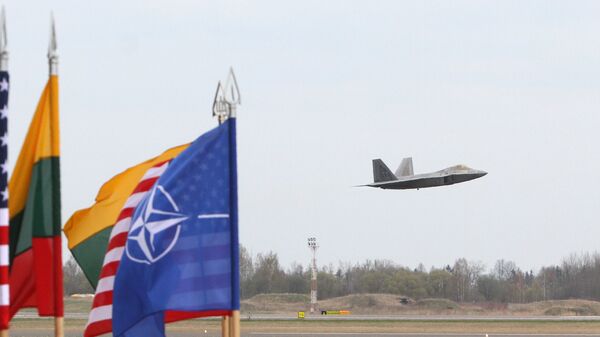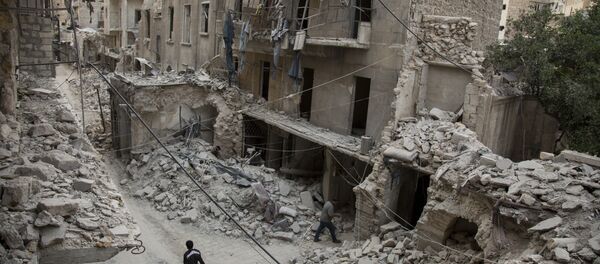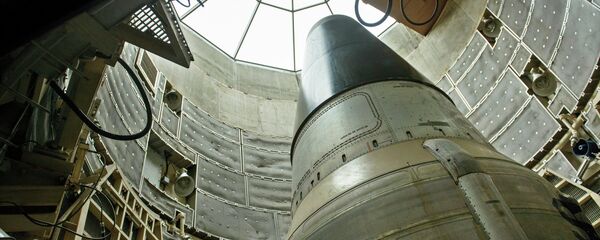Yet the scale and urgency of global and regional challenges "will not allow the bloc to mask its inability by ostentatious anti-Russian consolidation, rearmament and other activities for long," he added. Still this is what NATO appears to be intent on doing.
Hardliners in the US and NATO have repeatedly accused Moscow of posing an "existential threat" to the United States and its allies. Earlier this month, NATO's former supreme allied commander General Philip Breedlove urged the White House to "increase the resources available to [US] forces in Europe and recognize Russia as the enduring, global threat it really represents."
The North Atlantic Alliance is ready to do just that. The upcoming summit in the Polish capital will see the bloc taking measures to increase its military capabilities and enhance its capacity to "project stability," as NATO calls it.
These policy decisions will come at a time when the US has put the first Aegis Ashore missile defense complex online in Romania. The second base is currently under construction in Poland.
Russia has been extremely concerned with NATO's increasing assertiveness on the bloc's eastern flank. Things will hardly improve following the summit. The North Atlantic Alliance could well drastically increase its military presence and activities close to Russia's borders after Warsaw, Russian Defense Minister Sergei Shoigu warned on Wednesday.
The military and political situation in Eastern Europe and the Baltic region "remains unstable," he said at the ministry's offsite meeting. "The United States and other NATO members continue to build up their military capabilities, primarily in countries neighboring Russia."
Apparently, even these activities are not enough for NATO. At least this is an impression one gets from a piece in Die Zeit.
"Even after almost 20 years of joint foreign deployments, the western alliance still doesn't manage to operate like a single set of troops. It remains a pact of national and technical islands," the German national weekly noted. It also compared the bloc to a house that "is still standing only because wallpaper holds up the walls."
In the meantime, the bloc will most likely continue to warn of the non-existent threat emanating from Russia.
Earlier this week, the Russian Defense Ministry's spokesman Major General Igor Konashenkov warned that as "anti-Russian shouts from 'political pensioners' in the West will only be more prominent" as NATO summit in Warsaw approaches.



